Story and Images by anonymous
A 21-year-old Palestinian from Gaza City in the Strip, hopes to earn her law degree in August 2025 from Al Azhar University. Here she shares some of her perilous learning journey — which has taken place mostly outside of classrooms — with us.
What first made me interested in studying law in Gaza? The hope of doing three things: 1) defending Palestinian women’s rights; 2) holding Israel accountable for its brutality; 3) enacting environmental laws to protect this sacred land and impose sanctions on those who abuse her.
I began studying at Al Azhar University in September 2021. My first two years at university law school were the best in my life. I became independent, more intellectual, and a good communicator due to studying the works of scholars of philosophy as well as comparative and humanitarian fields that shed light on historical events. All of these studies enhanced my skills, especially my emotional intelligence. I was the third top student academically in my cohort. I truly wanted to graduate with an honors degree.
I also became closer to my beloved people during these two years. My classmates were mostly from different cities, like Rafah in the Gaza Strip. Those people gave me support and enlightened me as to different paths in life. Friends were my best teachers in school. Just one example is my dear friend and role model Abdallah. He was my first trainer in the field of human rights and democracy. Also, he taught me how to embroider (tatreez). He overcame societal stereotypes that say that males can’t embroider, instead following his heart. He wants to create his future wife’s Palestinian thobe.
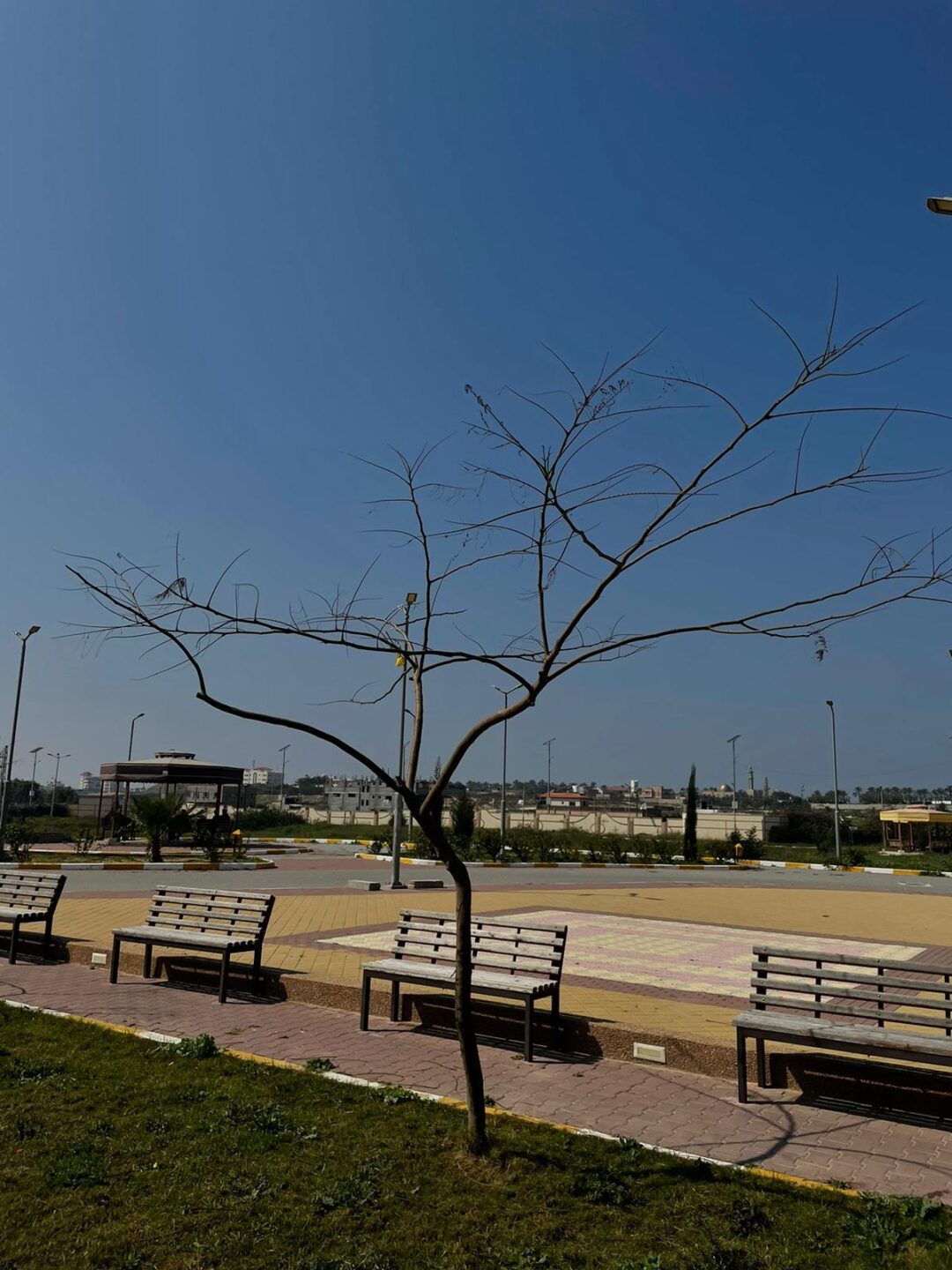
Then there was the sweet rest after classes. I enjoyed sitting with my legs crossed under a tree that held birds in its branches. During winter, when my best friend Fatima and I chose a bench to sit on, we used to pick one that was half in the shade and half exposed to the sun so we would each have our favorite spot. Before the genocide started I always hated the sun as my face always burned.
But it turns out, studying law in Gaza is just like studying fairy tales, for how does the law truly help us?
To be sure, these legal myths add value to my perspective. They improve my ability to detect the defects in whole political and government systems, especially that misnomer: democracy.
Is the law an effective route to defend our rights in Gaza? To fight against injustices? Maybe in a world where democratic governments prevail. (Is there such a world?)
Imaginary International Intervention
So, are there any alternatives? No. I have been looking for changes on the ground that occurred after the UNSC (United Nations Security Council) issued its resolutions 446 (1979) and 2334 (2016, English العربية) which affirmed and reaffirmed that the separation wall and Israeli settlements are illegal in occupied Palestinian territory and violate international law. But long after the international body issued the resolution, the Israeli government is ever more viciously destroying land, homes, and lives, forcibly removing Palestinians, and settling Israelis in other Palestinian areas.
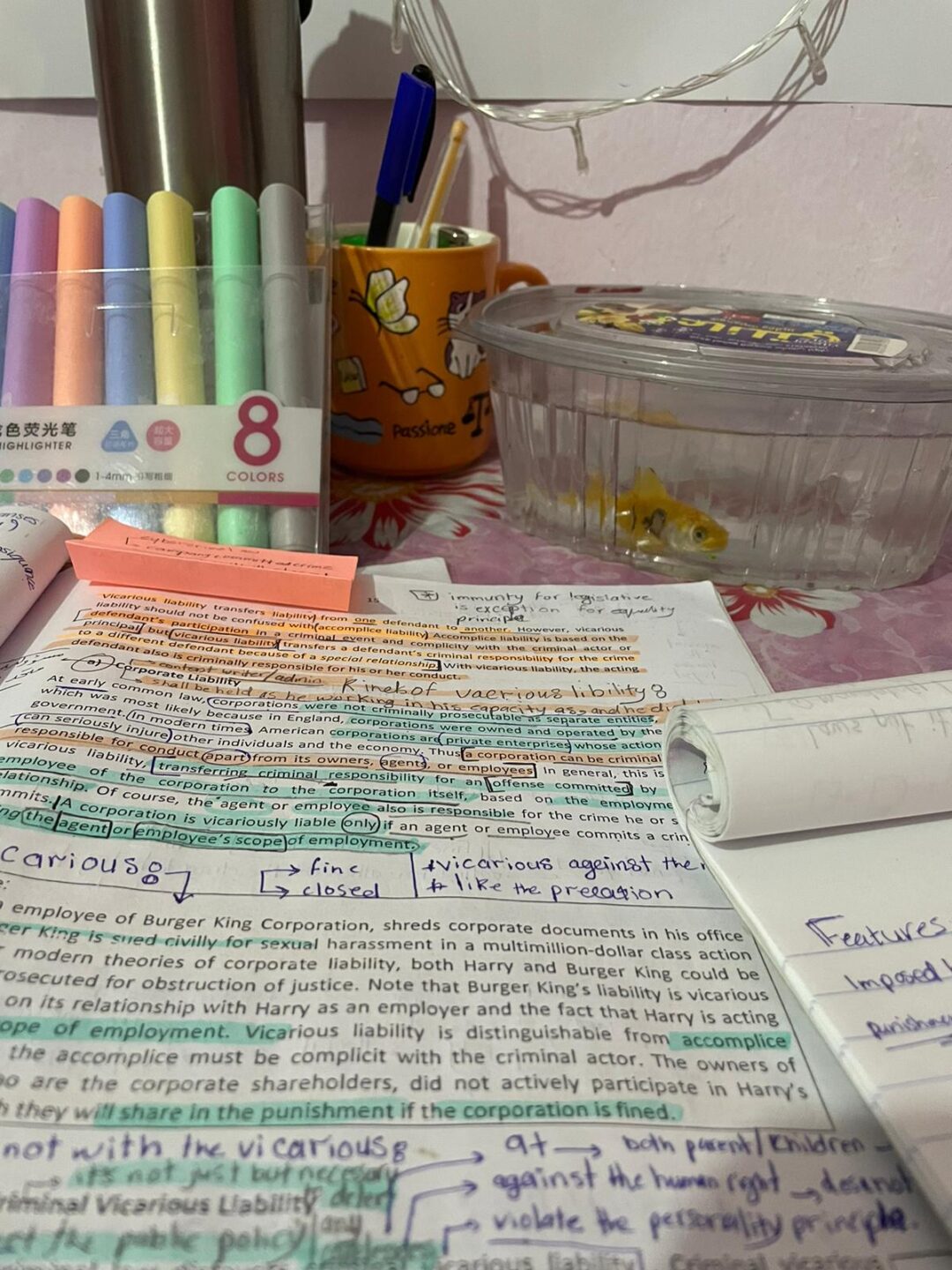
As a bookworm, I had access to many books and articles related to Palestine and its special status in law. International failures in applying the law, besides other factors, helped to form my decision to study law. Some examples of what I read are The Iron Wall: Israel and the Arab World by Avi Shlaim and The Question of Palestine by Edward Said.
Início — Palestinian lands; Earth — trees, water, and all natural resources; Mother — individual mothers, as well as the sacred feminine: All of them represent a dignity for me that must be achieved and inherently defended for each person. I study law to protect these three components.
Yet how can that be achieved?
First, let me paint a picture for you of how little the law helped Gazans before the genocide, and then how the already unbearable became beyond inhuman.
Women Treated as Property, Men Unprotected
Before the genocide, at night, my heart would shrink to hear women getting stomped on and humiliated in the name of family. “For the sake of the children,” wives were forced to stay with abusive husbands. If you take the true Islam as a source of law, it ensures women’s safety. It supports her right to work, to have assets separate from her husband’s, to choose her partner, or to get a divorce.
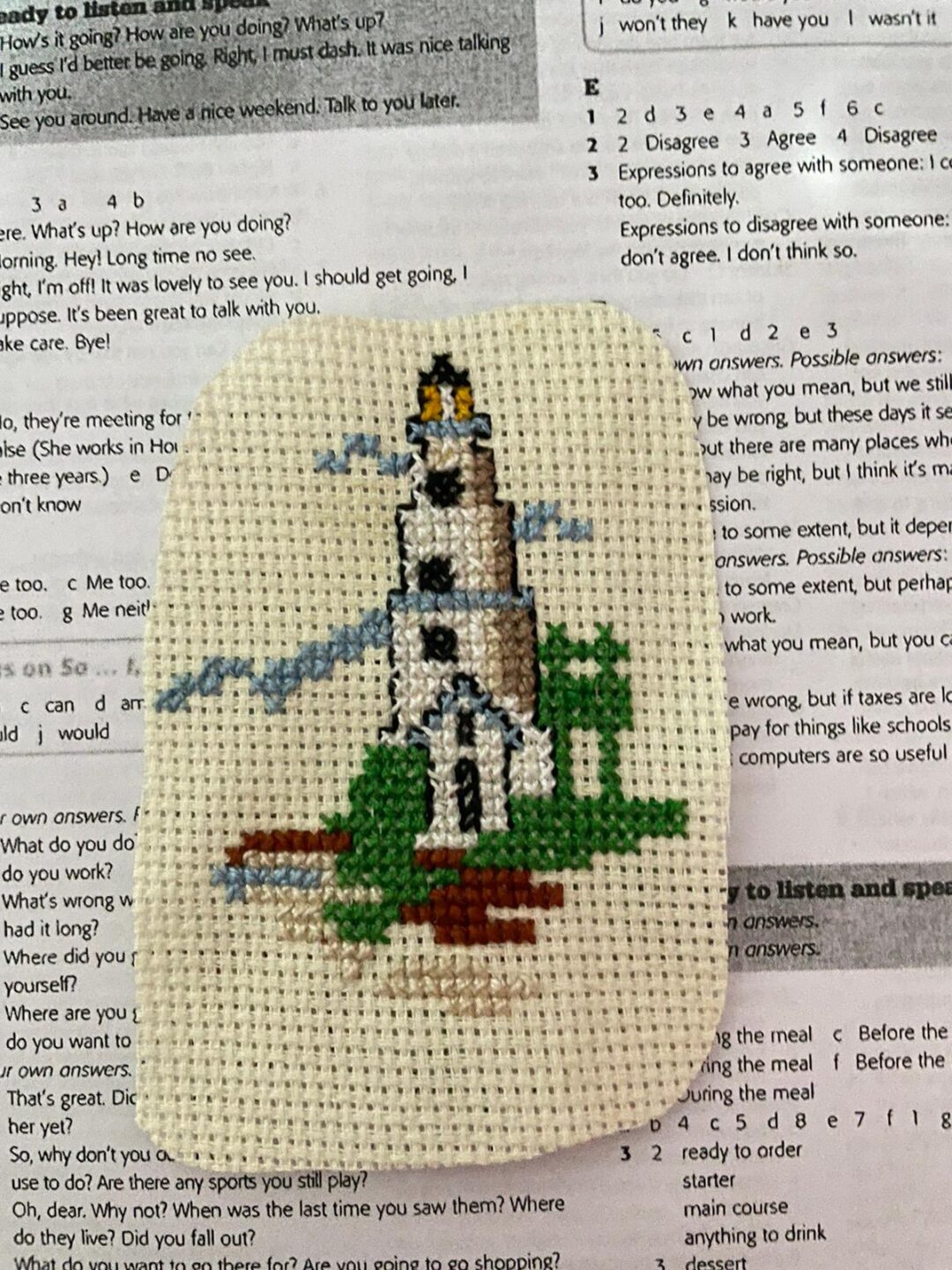
But this is not the Islamic law that is implemented in Gaza. For example, sometimes women are forced to relinquish their right to divorce or to their post-divorce financial rights (Moakhar) or right to see their children. This is not the majority of cases, but it still happens often. In some situations the woman is stuck in the violent marriage until her husband dies or he chooses to divorce her.
When I was 13 years old my mother came to visit me at school. We lied and said we had a dental appointment just to be able to spend private time together. My parents’ divorce procedures had just started, and my mother, like so many other women, had given up her right to see her children in order to facilitate the divorce. Usually, what determines what constitutes right or wrong, good or bad deeds, is just societal norms. The price of my mother’s freedom was separation from her children.
Many girls, especially in the northern part of the Strip, are forcibly married at age 15 as the fathers can’t bear the costs of their daughters’ studying and daily living expenses. Mothers feel defenseless as history repeats itself.
Then there are the legal violations that affect men and boys as much as women and girls. There is internal corruption and cronyism due to the division in political powers. This resulted in a rise in joblessness, which put pressure on men as caregivers of big families. There is a complete absence of laws that address unemployment. There is no mechanism to criminalize discrimination in employment based on political affiliation, and this absence of protection leads to crimes like child labor and the marriage of minors.
As for violations against the Earth, here is just one story out of countless others. Um Thaer, a displaced woman, said, “When they first told me that my home was reduced to rubble, I was reluctant to check up on my olive trees. I consider them family. I planted them on my sabahia (the second day of my wedding) and this year is my 34th wedding anniversary. Then I got the news that my fears had come true and I indeed lost my trees. I teared up, refusing to believe this fact. I reassured myself: They couldn’t bear to change their owner, as I gave them names, watered them, and talked with them for hours. I used to pick their fruit each year, and distribute it among all the beloved ones.”
Mothers have been deprived of their right to hold and raise their children. People are murdered legally by being denied travel visas and medical treatment. “Divide and conquer” is a strategy that has been used throughout history by colonialists against indigenous people so as to be able to manipulate and control them. Invaders divide people according to their religions, ethnicities, languages, or gender.
It seemed impossible for our rights to be violated any more than they had already been in Gaza after a 17-year continuous siege.
Then the Genocide Began
We are now divided into displaced and non–displaced people: those who evacuated and fled forcibly to the south of the Strip, and others who refused and stayed in the north.
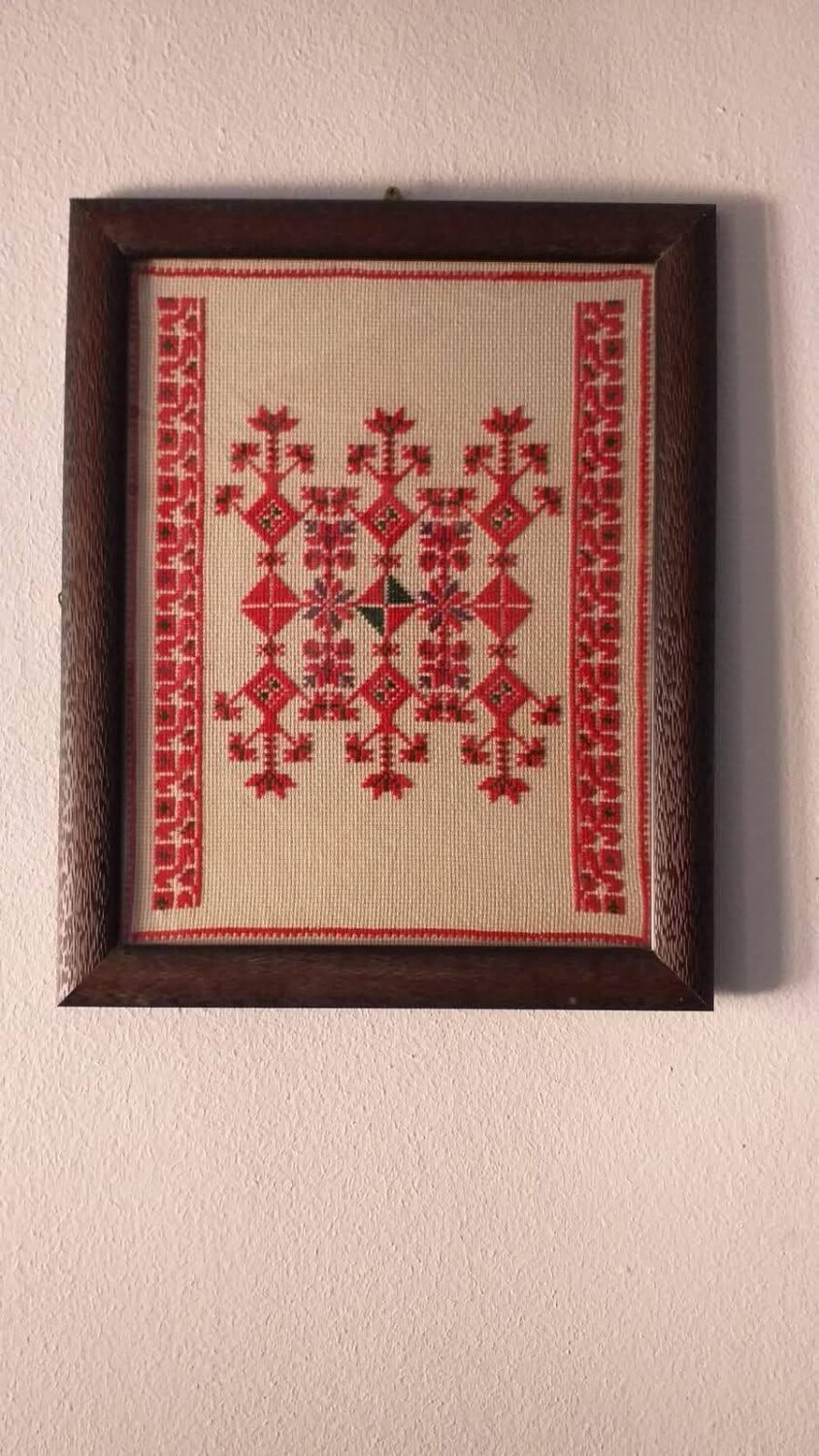
To live in a lawless place causes changes in indigenous people’s behaviors in order to cope.They helplessly relinquish the principles that they were raised with to survive an ethnic cleansing. Palestinians are such self-respecting people. Before the genocide, we prioritized and sacrificed much to live with dignity. But today people are humiliating themselves by creating GoFundMe pages or registering their names as a last-resort way of getting aid from outside, as there is nothing here to sustain us.
We are all resentfully blaming each other for evacuating from the north. Sometimes we humiliate and abuse others, taking advantage of their desparate needs for basic necessities like housing and food. For example, I, as an owner of property here in the so-called “Green Zone,” could charge someone $300 a month for an empty 4-meter by 4-meter room. It would be worth only $100 if this room was in the center.
I often stare with a bleeding heart at my people being humiliated trying to obtain parcels of “food” that lack essential nutrients, just to try to stave off starvation. But once they acquire it they tend to sell it, just to have money for bread, diapers, and other essentials.
The Personal Toll
I run sessions for men, women, and children through Save the Children. Personally, I live the pain of each person who attends my sessions. People have lost all their savings, their homes, and their entire families. I pretend to be solid, unaffected, so as not to disturb the other persons. I never cut them off when they speak. I embrace each of their stories and tears.
But my body cannot bear it. My legs and back are in pain. I am distracted. I barely notice details. I feel too drained to socialize.These are just some of my symptoms from trauma.
So many stories haunt me. These are just three of them:
Malek is just 13 years old. He has been left alone to look after his injured grandfather, the only other survivor of his family.
Haneen is 22 years old. The floors fell apart over her and her family’s heads and crashed down on them in the north of the strip. She lost her daughter Tala, her son Ameer, and her husband Ahmed.
Both Malek and Haneen receive social and psychological support in the sessions I give.
One day at work, Rania, one of the caregivers, urgently called me to help her 11-year-old niece, Seham. Seham was crying intensely, barely breathing, refusing to talk with anyone, and refusing to eat. Rania is so warm-hearted, but told me that she is not able to communicate with Seham. Seham’s mother and siblings had been killed in the north, and her father had remained there. I visited Rania’s tent and sat in silence. At first, Seham refused to even look at me. Then after almost 10 minutes she stopped crying and decided to look at my face. I just smiled and invited her to sit outside in the front yard of the tent. To give her reassurance, I introduced myself and asked her to play with me in order to melt the ice. She finally smiled back. Then we began to get to know each other. She told me, “When the bombing happened, the flaming pillars were everywhere.” She can still smell the flames even though a year has passed. “My mother and my other siblings were holding hands tightly to evacuate the neighborhood, while my father and I were supposed to carry the bags and follow them. I never saw them again. I just recognized my mother’s leg because she had been wearing long red socks.”
I took the rest of the day off. I couldn’t sleep well.
Do you understand how it is possible to go on in life while images of death follow you? I do not.
Take a deep breath.
I carry Rania, Seham, Malek and Haneen with me. What can the law do for them now?
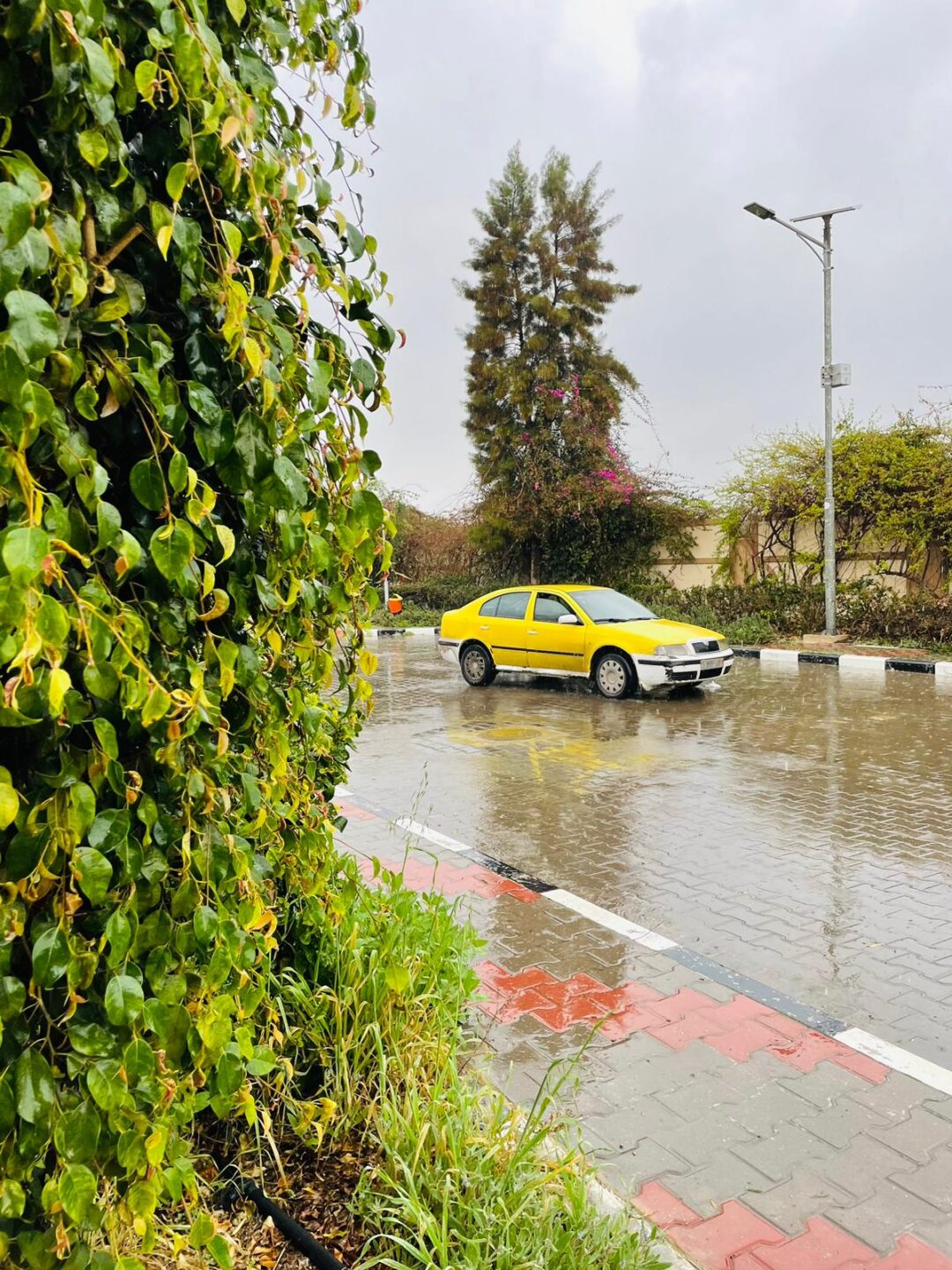
Failures on Every Front Except Our Home Front
What could the law have done to prevent this? What could the law have done 76 years ago?
The world supports Israel with weapons and money. They normalize diplomatic relationships. States failed to act early on to prevent Israel’s actions. The proposed treaty to condemn and end the genocide and try all those responsible for committing it was lip service only. In 1948, the Convention on the Prevention and Punishment of the Crime of Genocide was adopted by the United Nations General Assembly. It was designed and entered into force in 1951 to punish and prevent any genocidal actions.
All this proves that any procedures or international litigation are theoretical.
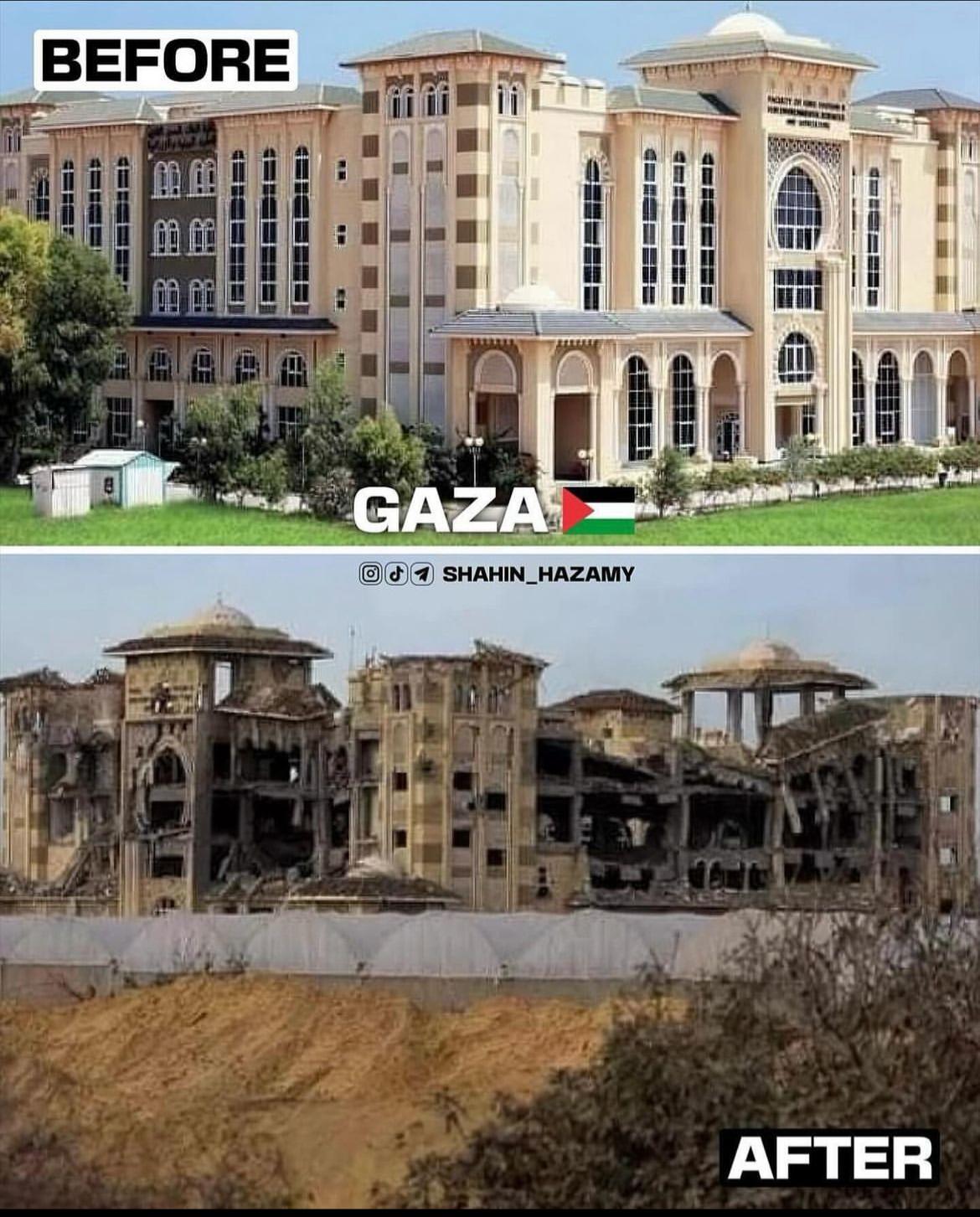
At this moment, I am so confused. Should I give up studying law? Am I really interested in pursuing it, knowing it is powerless to help us? I’m still studying it. But I’m also planning on studying psychology. To try to dig deep to understand people’s behaviors and then change them. I would like to do research and teach the world about a genocidal war. I need to understand both what allows people to be so cruel and what gives them the strength to resist, to survive complete devastation.
I learned from my experience in Child Safe Spaces the true meaning of resistance: Reject and fight oppression by all means that support human causes. Inside CSS we provide displaced people a space to express and reconnect. We document the experience of checkpoints, evacuation bags, and drowning tents. We also preserve a plethora of Palestinian traditions. We embroider the map back to home with silky threads. We are a thorn in Israel’s throat by refusing to give up, by smiling and loving each other. By being human. When mothers volunteer to teach and to cook in order to serve their society, this, too, is a form of resistance.
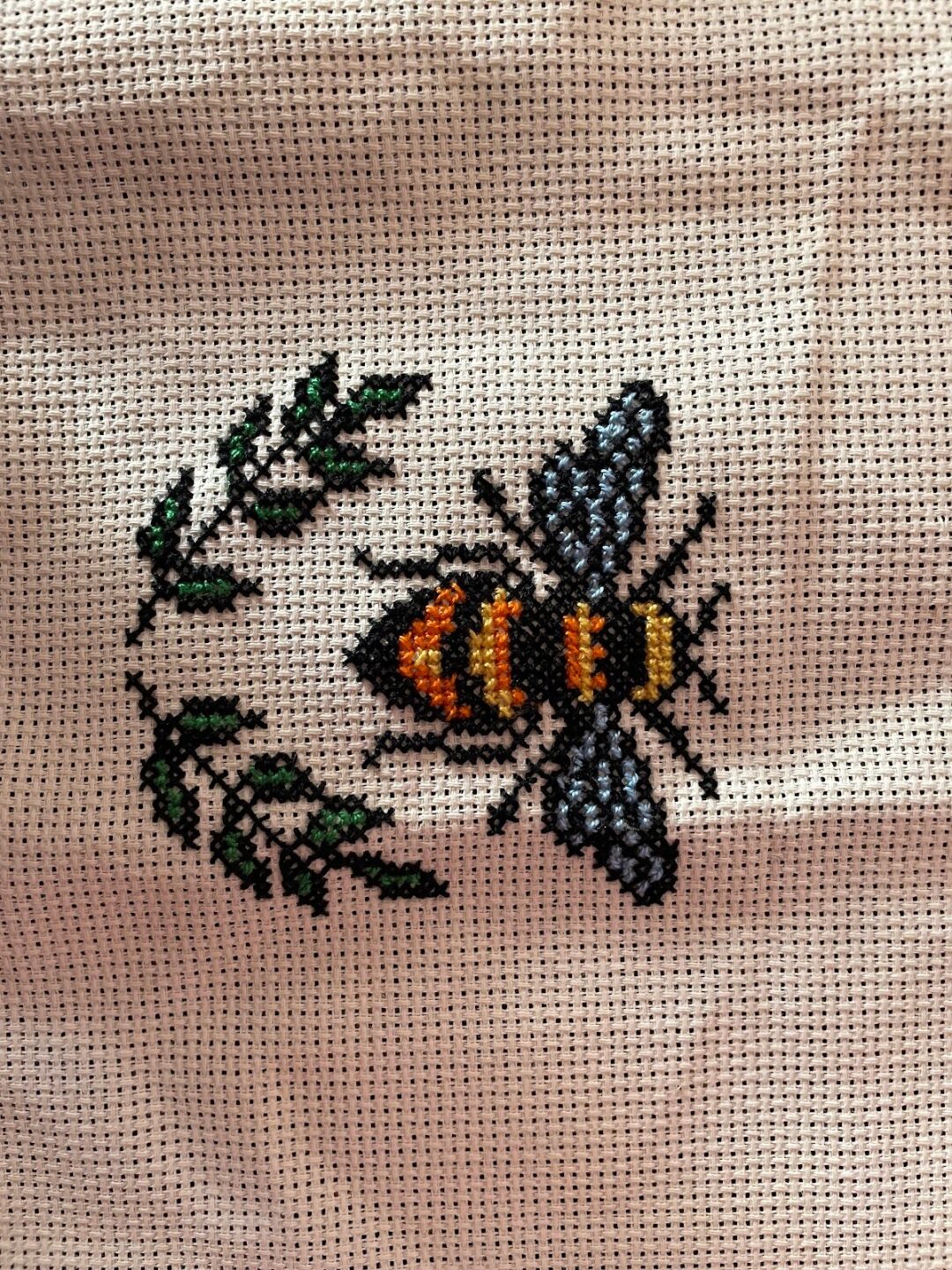
What else is resistance? My writing. Sharing with the world the injustice and savagery Palestinians face. And my tatreez. Despite whatever ugliness I have lived, I will continue to resist by making beauty.
The author is a 21-year-old Palestinian from Gaza City in the Strip, hopes to earn her law degree in August 2025 from Al Azhar University. Here she shares some of her perilous learning journey — which has taken place mostly outside of classrooms — with us.


